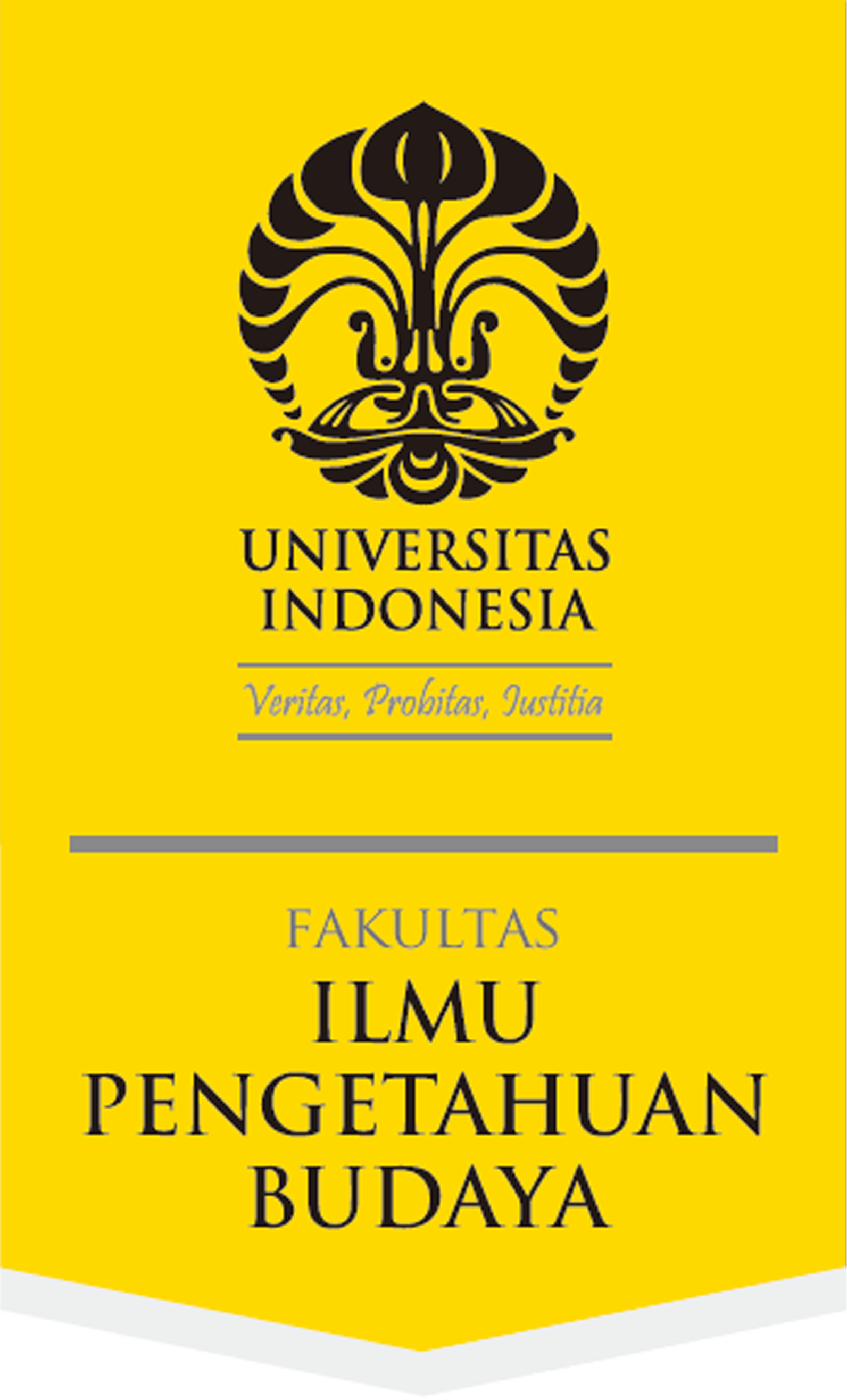Abstract
Women and nature have a bonding which reflect the connectedness between humans and non-humans. The exploitation of women affects nature and vice-versa. The novels Entrok, written by Okky Madasari, Tarian Bumi by Oka Rusmini, and Trilogi Ronggeng Dukuh Paruk by Ahmad Tohari narrate the experiences of women struggling to survive in cultures dominated by the patriarchal system. This article uses qualitative research methods to describe data about the women’s experiences of their encounters with exploitation in these three novels. All data were decoded using the ecofeminism theory. The results show that their nurturing character is a power in the spirituality of women, and it was used in patriarchal systems. The notion of feminization, which preserves both nurture and love, proved insufficient for this purpose as it objectifies women and weakens the struggle. To strengthen the advancement of women, it is important to develop the ethical relationship between humans and nature.
References
Allaimo, Stacy. 1994. “Cyborg and ecofeminist interventions; Challenges for an environmental feminism”, Feminist Studies 20(1): 133-152.
Bakhshi, Pareia. 2014. “Binary opposition and defiance to phallogocentrism in Caryl Churchill’s Owners”, International Journal of Applied Linguistics & English Literature 3(3): 232-236.
Food Agriculture Organization. 2019. Country gender assessment of agriculture and the rural sector in Indonesia. Jakarta: FAO.
Gaard, Greta. 2015. “Ecofeminism and climate change”, Women’s Studies International Forum 49: 20-33.
Joodaki, Abdol Hossein and Zeinab Elyasi. 2015. “Deconstructing phallogocentrism in Shahrnush Parsipur’s Touba and the meaning of night: a psycho-feminist study”, Gema: Online Journal of Language Studies 15(2): 165-178.
Laksmitarukmi, Atyaka. 2017. “Feminization of nature; The portrayal of woman and nature in Ronggeng Dukuh Paruk”, Indonesian Journal of English Language Studies 3(1): 22-29.
Legler, Gretchen. 1995. All the powerful invisible things; A sportswoman‘s notebook. Seattle, WA: Seal.
Madasari, Okky. 2010. Entrok. Jakarta: Gramedia Pustaka Utama.
Meiliana, Sylvie. 2016. Sociology of literature and feminist sociological theory. Tengerang: Pustaka Mandiri.
Merchant, Carolyn. 1980. The death of nature: women, ecology, and the scientific revolution. New York City, NY: Harper & Row.
Merchant, Carolyn. 2006. “The scientific revolution and the death of nature”, Isis 97(3): 513-533.
Nithiyendran, Ramesh Mario. 2016. “Phallocentrism and phallogocentrism”, in: Nancy A. Naples, Renee C. Hoogland, Maithree Wickramasinghe, and Wai Ching Angela Wong (eds), The Wiley Blackwell encyclopedia of gender and sexuality studies. Malden, MA: Wiley-Blackwell.
Rusmini, Oka. 2007. Tarian Bumi. Magelang: IndonesiaTera.
Shiva, Vandana and Maria Mies. 2014. Ecofeminism. London and New York, NY: Zed Book.
Sharnappa, Patil Sangita. 2016. “Reconstructing ecofeminism; A study of Kamala Markandaya’s nectar in a sieve”, Cogent Social Sciences 2(1): 1243772.
Stainess, Jenny. 2012. “An act of methodology; A document in madness—writing Ophelia”, Educational Philosophy and Theory 44(8): 818-830.
Steenbrink, Karel. 2014. “The reformasi of Ayu Utami; Attacking the monopoly of the great religions”, Wacana, Journal of the Humanities of Indonesia 15(2): 351-366.
Suryaningrum, S., S. Suwandi, and H.J. Waluyo. 2019. “The discrimination against women reflected in novels Entrok, Maryam, and Pasung Jiwa by Okky Madasari”, Lingua Cultura 13(2): 137-143.
Spretnak, Charlene. 1990. Ecofeminism; Our roots and flowering. San Francisco, CA: Sierra Club Books.
Tohari, Ahmad. 2007. Ronggeng Dukuh Paruk. [Trilogi.] Jakarta: Kompas Gramedia.
Windiyarti, Dara. 2008. “Pemberontakan perempuan Bali terhadap diskriminasi kelas dan gender; Kajian feminis novel Tarian Bumi”, Humaniora 20(3): 286-294.
Warren, Karen J. 1997. Ecofeminism: women, culture, nature. Bloomington and Indianapolis, IN: Indiana University Press.
Recommended Citation
Susamto, Dina Amalia; Mujiningsih, Erlis Nur; Purwaningsih, Purwaningsih; and Susilastri, Dian
(2023)
"The hidden power of struggling; When women at the crossroads between nature and culture,"
Wacana, Journal of the Humanities of Indonesia: Vol. 24:
No.
1, Article 3.
DOI: 10.17510/wacana.v24i1.1217
Available at:
https://scholarhub.ui.ac.id/wacana/vol24/iss1/3











